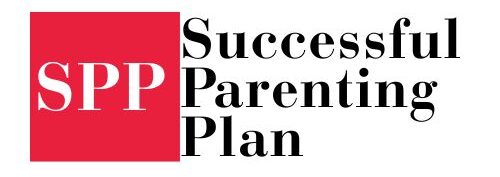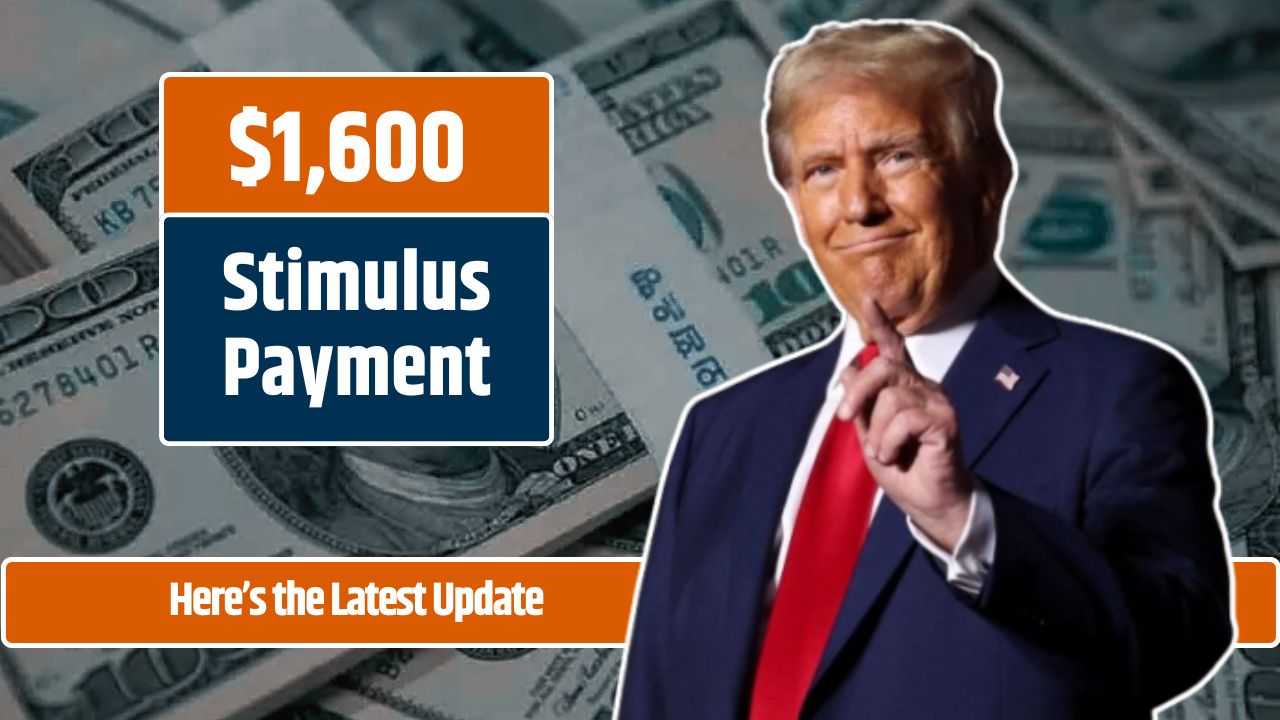$1,600 stimulus check in 2025 — what’s real, what’s speculation, and what you can do to be ready. If you want, I can also draft a more up-to-date fact-check section later.
What’s Actually Happening (as of mid-2025)
Based on reliable sources, here’s the current status:
- There is no law passed yet that guarantees a $1,600 stimulus check in 2025. Several discussion proposals exist, but none have made it to a bill that has been signed.
- Rumors have circulated about new stimulus payments or rebates (e.g. $1,390 or so) for low- and middle-income Americans; the IRS has stated that no new federal stimulus checks are scheduled.
- There is, however, a real deadline coming up: the IRS is reminding people who missed out on their COVID-19 recovery rebate payments (from 2021, via the Recovery Rebate Credit) to file by April 15, 2025, if they want to claim what they’re owed. After that, they lose the ability to claim those overdue payments.
What’s Being Proposed
Although nothing has been finalized, here are some of the ideas floating around, plus what past stimulus programs suggest could be likely if something like this happens:
| Feature | Proposed or Likely Based on Past Programs |
|---|---|
| Size of payment | The $1,600 number is speculative, but it builds on past stimulus checks from 2020-2021, which typically ranged between ~$1,200 and ~$1,400 per qualifying adult. Some proposals aim higher. |
| Dependent / child payments | Likely — previous stimulus rounds included additional payments per child or dependent. Any new plan would probably follow similar structure. |
| Income thresholds / phase-outs | Yes — eligibility would likely be based on income, with limits. In past stimulus rounds, there were phase-outs above certain AGI levels. |
| Benefit to people on Social Security / disability / SSI / VA | Likely included, but details would matter—such plans usually include those benefits, but only if the person’s income situation matches eligibility rules. |
What Isn’t True (Yet)
- There is no confirmed legislation or scheduled payments of $1,600 in stimulus checks.
- Any claims you’ve seen about specific payment dates or automatic eligibility are not verified at this point.
- Rumors about “checks coming next month” or “IRS has approved $1,600 for all eligible households” are not backed by current U.S. law.
Why the Push Is On
Here’s what’s underpinning the renewed interest in stimulus or rebate payments:
- Inflation inertia: Prices of essentials—food, rent, energy—remain elevated in many areas. People’s purchasing power is still under pressure.
- Economic risk: Some fears of a slowdown / recession make direct relief more appealing to some policymakers. Stimulus payments in the past have helped cushion downturns in spending.
- Precedent: The 2020-21 stimulus payments showed “quick and broad” effects in helping reduce poverty, boost spending, and relieve debt. That gives momentum for similar ideas if conditions worsen.
What to Do to Be Prepared
If a $1,600 stimulus check (or similar relief) does get approved, these steps will help you be ready so you don’t miss out:
- Make sure your tax returns are up to date: If eligibility depends on 2023 or 2024 income, filing those returns (if you haven’t already) ensures the IRS has current info.
- Verify bank info and mailing address with the IRS: Direct deposit is faster; mistakes or outdated info can delay or block payments.
- Watch for official announcements: From Congress, the Treasury, or IRS. Use IRS.gov or official government channels. Be wary of messages claiming a stimulus check is “coming” unless there’s confirmation.
- Don’t share personal info with anyone who asks for money or promises early payments: Scams tend to pop up around rumors about relief checks.
What Would Need to Happen for It to Become Reality
For a $1,600 stimulus check (or similar direct payment) to actually happen, these steps would need to occur:
- A bill introduced in Congress that authorizes the payment.
- Approval by both the House and Senate, including agreement on how to pay for it (budget appropriation).
- Signed into law by the President.
- Implementation via IRS or Treasury systems—figuring out eligibility, payments, etc.
At each stage, there can be delays or changes (amount, eligibility, conditions).
Bottom Line
Right now, the $1,600 stimulus-check idea is proposal-stage only. Nothing definite has been passed, and rumors are likely premature. But there is enough talk and enough economic stress that it’s plausible something could emerge. If that happens, being ready will make a big difference.
FAQs
Who would qualify if a new stimulus check is approved?
Eligibility would likely be income-based, similar to the 2020–2021 checks. Families with children or dependents could also see additional payments.
When could payments arrive if approved?
If Congress passes a bill mid-2025, payments could begin within 3–6 weeks, with direct deposit recipients receiving funds first.
Are states offering separate rebate checks in 2025?
Some states continue to issue tax rebates or relief checks, but these are separate from any federal proposal. Always check your state’s revenue department website.
How do I avoid stimulus check scams?
Ignore emails, calls, or texts promising early access. The IRS does not charge fees or request personal info to send payments.

